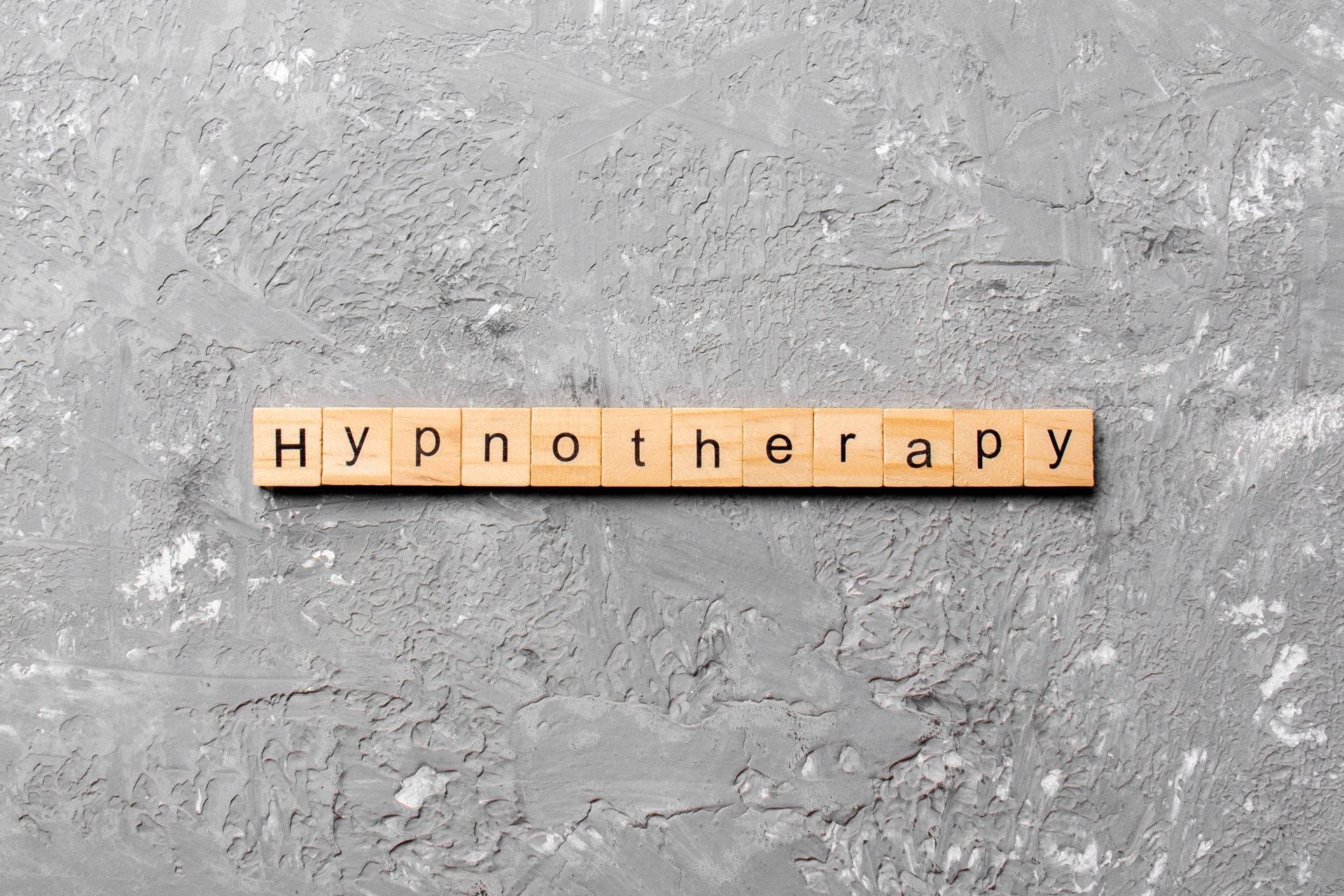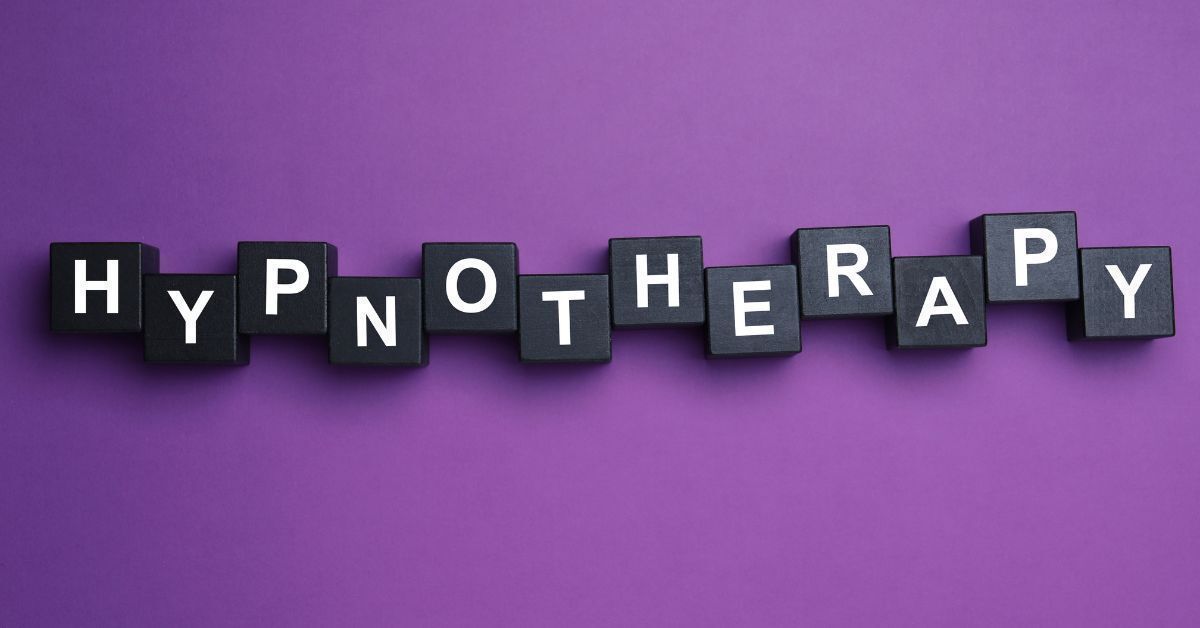What Are The Effects Of Hypnotherapy On Anxiety?
You will be familiar with the profound emotional effects that anxiety may have on your life if you have ever suffered it. Anxiety can develop slowly over time or can strike unexpectedly due to a traumatic experience, changing circumstances, or even a medical condition. Chronic concern, bodily changes like elevated blood pressure, chest discomfort, and dizziness are all brought on by it. It also produces stress. The fact of the matter is that hypnotherapy may help you regain control and can teach you techniques to think logically, feel a lot better, and make permanent changes so you can get your life back on track.
Anxiety: What Is It?
Anxiety refers to the expectation of a future worry and is more frequently linked to tense muscles and avoidance behavior. Fear is an emotional reaction to a pressing threat and is more frequently linked to a fight-or-flight response when the subject either stays to fight or flees from the threat. People who suffer from anxiety disorders may strive to stay away from circumstances that increase or trigger their symptoms. Personal connections, academic performance, and professional performance may all be impacted.
There are several varieties of anxiety disorders, but these are three of the more prevalent ones:
- Social Anxiety - When it comes to being rejected, humiliated, ashamed, or looked down upon in social situations, a person with social anxiety disorder experiences intense worry and discomfort. People who have this disorder will try to escape the problem or deal with it while feeling extremely anxious. Examples of intense phobias are those of speaking in public, interacting with new people, and eating or drinking in front of others.
- Generalized Anxiety Disorder - An excessive amount of constant concern that interferes with everyday activities is a symptom of generalized anxiety disorder. Physical signs like agitation, a tense or quickly exhausted sensation, trouble focusing, tightness in the muscles, or difficulties sleeping may also be present along with this persistent concern and stress.
- Panic Disorder - Recurrent panic episodes, a crippling complication of both physical and psychological discomfort, is the primary symptom of panic disorder. Many people who encounter a panic attack may think they are experiencing a heart attack or another serious illness because the symptoms are so intense. They could visit a hospital's emergency room. Attacks of panic can be anticipated, such as a reaction to a feared item, or unanticipated, appearing to happen for no apparent cause.
How Does Hypnosis Work?
When our conscious awareness shifts, we all occasionally experience hypnosis, also known as trance, which is a normal human state that affects us all to varying degrees each day. Your mind is more receptive to recommendations made to assist you in changing problematic thinking patterns while you are in this relaxed focused attention state. In contrast to what is seen on a show, trance work in hypnotherapy is completely different.
Your mind may unwind and consider the concepts and options mentioned throughout our session to see how they can benefit you while you are in this peaceful trance. You have control when under hypnosis and may choose whether ideas or information is helpful. In fact, clients frequently say that going into trance is like daydreaming since it is such a peaceful and enlightening experience.
How Does Hypnotherapy Help Anxiety?
The good news is that hypnotherapy can help people with anxiety-related conditions relax and break the cycle of worrying and negative thinking while also boosting their confidence and self-esteem. Hypnotherapy can help people see things from a new angle and help solve the reactions and thoughts that cause their anxieties.
The benefits of hypnotherapy on mental health issues including anxiety, post-traumatic stress disorder (PTSD), and depression have been studied for several years, despite the fact that it isn't as well recognized for treating anxiety as psychotherapy and medicine.
In a 2016 research, brain scans of 57 hypnotized participants were performed. They discovered alterations in the regions of the brain responsible for improved emotional regulation and fewer sensations of self-consciousness. According to a 2017 analysis, hypnosis significantly reduces anxiety in cancer patients both immediately and long term. For individuals who experienced anxiety associated with procedures, it was extremely helpful.
Cognitive behavioral therapy should be used in conjunction with hypnotherapy. The benefits of hypnosis, however, could resemble those of meditation if you solely utilize it to manage your anxiety. You might achieve this peaceful state using hypnosis, which is similar to meditation. Then you may handle your fears and concerns with this condition.
Hypnosis reduces anxiety the most effective when used in conjunction with other psychological treatments like cognitive behavioral therapy (CBT) or exposure therapy.
What You Should Consider Before Undergoing Hypnotherapy
The use of hypnotherapy to treat anxiety is seen to be highly safe as long as you're working with a qualified mental health practitioner who has had significant training in hypnosis. Hypnotherapy is only one of several clinically useful strategies for treating anxiety that should be part of a comprehensive treatment approach. For instance, a hypnotist would need to be knowledgeable in trauma treatment if they discovered trauma during hypnosis. In other words, a crucial element in the effectiveness of hypnotherapy is having the knowledge and training to identify and treat mental health disorders, which comes with having a license.
Consult With A Hypnotherapist in Albuquerque, NM
Hypnotherapy, EMDR, Reiki treatment, and other services are provided by David B. Fisher Hypnotherapy in Albuquerque, New Mexico. Although managing anxiety might be difficult, change is achievable. I would be happy to assist you if you want to get rid of your anxiety. I want to empower you by assisting you in resolving the issues in your life. Contact us to schedule a free first consultation so that we can learn more about your condition, offer guidance, and discuss what your individualized treatment plan could entail.












